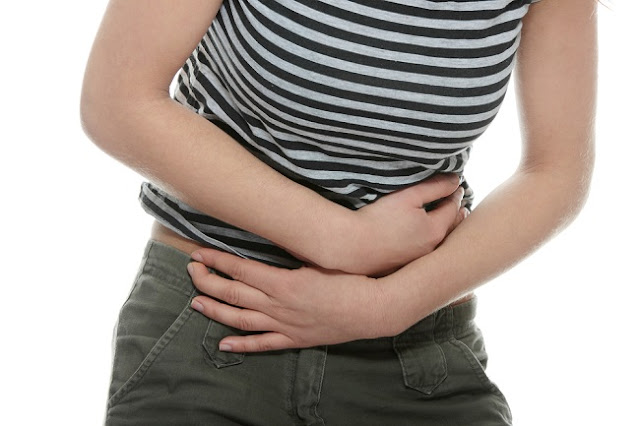Do you often experience a sour mouth accompanied by pain in the chest to the throat? It could be that it is a symptom of GERD. Recognize what are the symptoms of GERD and the steps to deal with it.
GERD (gastroesophageal reflux disease) or stomach acid disease is caused by a weakening of the valve or sphincter located in the lower esophagus.
Normally, this valve will open to allow food and drinks to enter the stomach and be digested. After food or drinks enter the stomach, this valve will be closed tightly to prevent the contents of the stomach back up into the esophagus.
But in patients with GERD, this valve is weakened, so it cannot close properly. This causes the contents of the stomach which contains food and stomach acid to rise into the esophagus.
If this condition occurs continuously, the lining of the esophagus will become irritated until inflammation and eventually become weak.
Common GERD Symptoms Occur
The usual symptoms when stomach acid rises are sour or bitter taste in the mouth and a burning sensation or burning sensation in the chest and solar plexus. Both of these symptoms will usually get worse when the patient bends, lies down, or after eating. Aside from the mouth feeling sour and heartburn, other symptoms that can also accompany GERD are:- Trouble swallowing.
- Respiratory disorders, such as coughing and shortness of breath. People who have asthma will often recur when symptoms of GERD recur.
- Hoarseness.
- Nausea and vomiting.
- Sore throat.
- Exit stomach contents without realizing it.
- Sleep disturbance.
- Tooth decay due to frequent stomach acid.
- Bad breath.
How to Overcome GERD
To overcome the symptoms of GERD, you can take the following classes of medicines:- Antacids.
- H-2 receptor blockers, such as cimetidine, famotidine, and ranitidine.
- Proton pump inhibitors (PPIs), such as lansoprazole and omeprazole.
- Lose weight, if you have excess weight.
- Do not smoke.
- Raise head when sleeping.
- Do not lie down or sleep for at least 2 to 3 hours after eating.
- Avoid foods or drinks that cause stomach acid to rise, such as alcohol, milk, spicy and fatty foods, chocolate, mint, and coffee.
- Don't wear clothes that are too tight.
- Dermaga Apung HDPE
- Toko Bunga Surabaya
- Sewa Bus Surabaya
- Jual Kayu Kaso
- Sewa Mobil Mewah
- Sewa Alat Berat
- Jual Speed Boat Aluminium
- Kirim Mobil Manado Jakarta
- Dermaga Apung Aluminium
- Rental Sewa Laptop Printer
- Jual Kayu Dolken Gelam
- Cetak Kalender Murah
- Jual Speedboat Fiberglass
- Paket Wisata Yogyakarta
- Jual Kapal Aluminium Penumpang
- Kubus Apung HDPE
- Tempat Sunat Semarang
- Jual Jam Masjid
- Dermaga Apung Marina
- Jasa SEO Murah
- Jual Mobil Murah
- Harga Bata Ringan
- Jual Karpet Masjid
- Jual Kapal Fiberglass
- Jasa Interior Surabaya
- Toko Karangan Bunga Gresik

Komentar
Posting Komentar